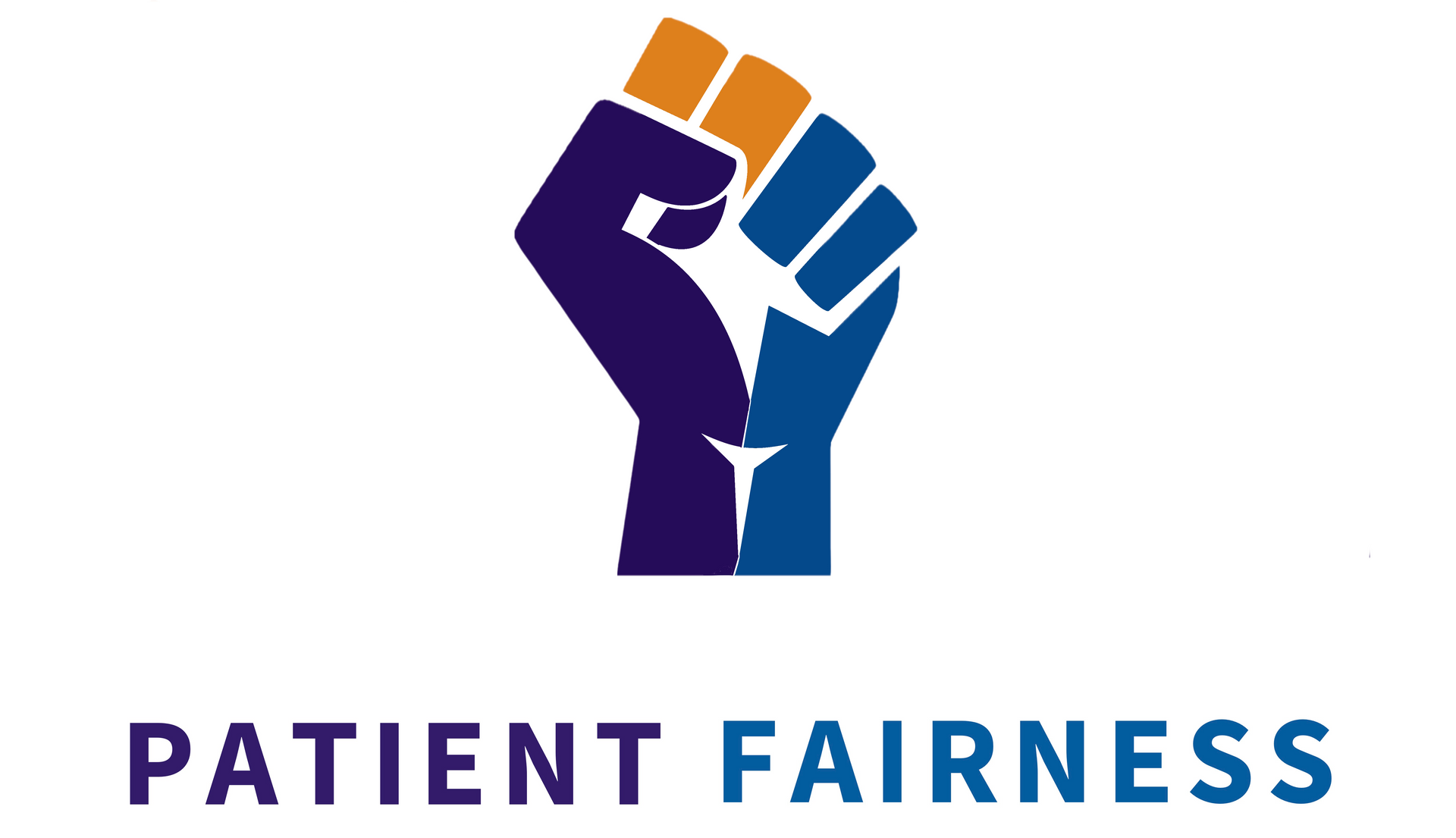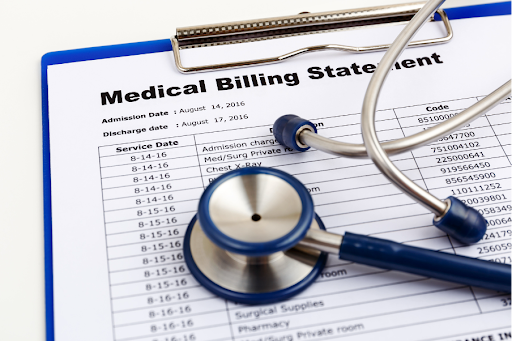Understanding the No Surprises Act: How It Protects You from Surprise Medical Bills
Medical bills in the United States can be confusing and overwhelming, especially when unexpected charges appear for services you never agreed to or knew would cost extra. Fortunately, the No Surprises Act (NSA), part of the Consolidated Appropriations Act of 2021, offers important protections against surprise medical bills. Effective January 1, 2022, the NSA strengthens patients' rights and makes it easier to challenge unfair charges.
At Patient Fairness, we review No Surprises Act protections whenever we assess potential reasons to dispute a medical bill. Here's what you need to know about how the No Surprises Act works and how we help you take action if your rights are violated.
Good Faith Estimates: Setting Expectations Upfront
One major requirement of the No Surprises Act is that healthcare providers must give patients a Good Faith Estimate (GFE) of the expected services and costs before the service is provided.
Here are the rules for Good Faith Estimates:
- The GFE must be provided in writing or electronic form.
- The information must be clear, understandable, and presented in a way that patients can reasonably review.
- Timing matters. Providers must issue a GFE based on when the services are scheduled:
How Far Services Scheduled in Advance
Less than 3 days before service
3-9 days before service
10 or more days before service
Time to Issue GFE
GFE not required
Within 1 day of scheduling
Within 3 days of scheduling
Additionally, if a patient requests a Good Faith Estimate, providers must deliver it within 3 days of the request.
Every GFE must include a disclaimer explaining that actual charges may differ from the estimate.
Uninsured and Self-Pay Patients
For uninsured and self-pay patients, providers are required to issue a Good Faith Estimate. Enforcement of this requirement began in 2022.
Insured Patients: Delayed Enforcement
The NSA also requires providers to issue GFEs to an insured patient's insurance plan. However, as of Q3 2024, the federal Department of Health and Human Services (HHS) has delayed enforcement of this requirement.
Protections Against Surprise Billing for Insured Patients
The No Surprises Act offers strong protections for insured patients in specific situations, called NSA Protected Circumstances:
- Emergency services and post-stabilization services (except for ground ambulance services).
- Services rendered by out-of-network providers at an in-network hospital or facility.
- Air ambulance services.
In these cases:
- Providers cannot balance bill insured patients for charges beyond in-network rates.
- Insurance plans must treat these services as in-network, meaning patients pay only their in-network cost-sharing amounts.
These protections are crucial because they apply even when patients did not (and often could not) choose their providers.
The following types of services are covered when performed by nonparticipating providers at a participating facility:
- Emergency medicine
- Anesthesiology
- Radiology
- Neonatology
- Pathology
- Diagnostic services, including radiology and laboratory services
- Items and services provided by assistant surgeons, hospitalists, and intensivists
- Items and services provided by a nonparticipating provider if no participating provider is available
When Patients Can Waive Protections (Notice and Consent Exceptions)
In limited situations, the No Surprises Act allows providers to seek written consent from patients to waive balance billing protections. This is called the notice and consent exception, and strict requirements apply.
Providers must use standardized Notice and Consent documents provided by the Centers for Medicare & Medicaid Services (CMS).
Post-Stabilization Services:
- The patient must be stable enough to travel to an in-network provider.
- The patient or their authorized representative must be able to understand and consent.
- The provider must give written notice and receive written consent, complying with all federal and applicable state laws.
Non-Emergency Services:
- The service cannot be "ancillary" (e.g., not emergency medicine, anesthesiology, radiology).
- The service must not arise from an unforeseen urgent need.
- An in-network provider must be available.
- Written notice and consent must be given before waiving protections.
Before you sign any waiver, the provider must also give you a Good Faith Estimate of expected charges.
How Patient Fairness Helps You
Patient Fairness evaluates your medical bill to see if it violates the No Surprises Act protections. We:
- Identify if the bill involves NSA Protected Circumstances.
- Review if you received a Good Faith Estimate (if required).
- Check if the provider improperly sought to waive your rights.
- Help you dispute the bill effectively if your rights under the NSA were not followed.
Using our Problem Medical Bill Assessment, you can start the process at no upfront cost. If we find potential violations, we’ll guide you through challenging the bill with strong, well-supported arguments.
Take Action to Protect Yourself
The No Surprises Act gives you important protections, but only if you use them. If you think you’ve received an unfair bill, don't ignore it.
Start with the free Problem Medical Bill Assessment from Patient Fairness. We’ll help you understand your rights, challenge surprise charges, and fight back against unfair billing practices all at a fraction of the cost of hiring a billing advocate.
Protect your finances. Protect your rights.
Take action today with Patient Fairness.











